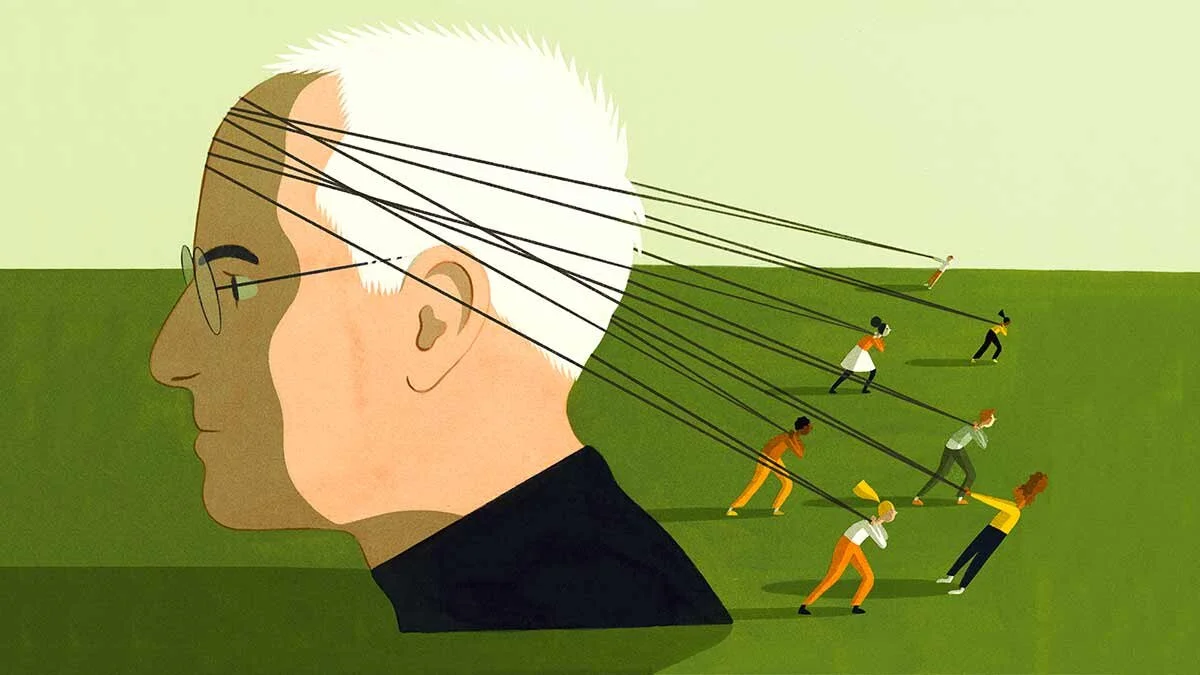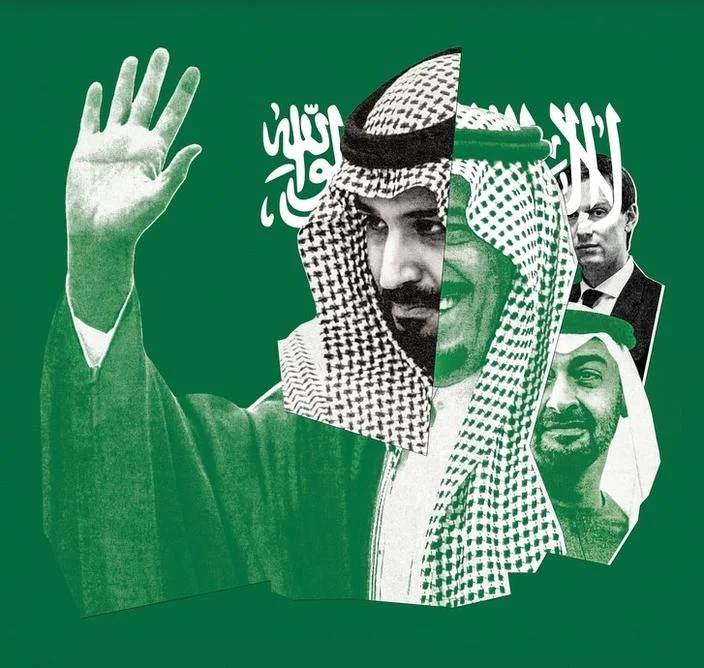“We live in an age of polarization. Many of us may be asking ourselves how, when people disagree with or discount us, we can persuade them to rethink their positions. The author, an organizational psychologist, has spent time with a number of people who succeeded in motivating the notoriously self-confident Steve Jobs to change his mind and has analyzed the science behind their techniques. Some leaders are so sure of themselves that they reject good opinions and ideas from others and refuse to abandon their own bad ones. But, he writes, “it is possible to get even the most overconfident, stubborn, narcissistic, and disagreeable people to open their minds.” He offers some approaches that can help you encourage a know-it-all to recognize when there’s something to be learned, a stubborn colleague to make a U-turn, a narcissist to show humility, and a disagreeable boss to agree with you.”
Read More“In repressive states, the dark Web has become a haven for political activists. Many journalists use Tor to send and receive information securely, or to communicate with sources. Some users like the fact that dark-Web pages are not subject to the same censorship as the regular Web, where there are limits on what you can say. Other users appreciate Tor because they can avoid offering up their private data to such giant corporations as Google and Facebook. Some legitimate news outlets, including the Times and ProPublica, maintain onion-router pages.”
Read More"Saudi Arabia sees itself as the center of the Islamic world: the king is customarily known as the “custodian of the two holy mosques,” the sacred sites in Mecca and Medina. But, as M.B.S. gained power, he was aided by an ally from outside the kingdom: Mohammed bin Zayed, of the United Arab Emirates. Bin Zayed, or M.B.Z., is the crown prince of Abu Dhabi, the most politically important of the country’s seven emirates. Flush with revenue from oil and from the booming city-state of Dubai, M.B.Z., the country’s de-facto leader, has helped build the Emirates into a kind of Middle Eastern Singapore: rich, efficient, and authoritarian."
Read More"The use of disinformation—“active measures”, in the KGB jargon of Mr Putin’s professional past—to weaken the West was a constant of Soviet policy, one that the would-be victims fought back against with similar weaponry. In the 1960s the KGB-funded Liberty Book Club published the first title alleging that John F. Kennedy’s assassination was a conspiracy. Later the KGB forged a letter from Lee Harvey Oswald in an attempt to connect the plot to the CIA. Mostly this had little effect. In the 1970s forged pamphlets designed to start a war between the Black Panthers and the Jewish Defence League failed to do so. But some worked. The CIA did not invent HIV in a biological-weapons lab, but the KGB did invent the story, and many people still believe it."
Read More"As important as Mercer’s business investments is his hiring of advisers. Years before he started supporting Trump, he began funding several conservative activists, including Steve Bannon; as far back as 2012, Bannon was the Mercers’ de-facto political adviser. Some people who have observed the Mercers’ political evolution worry that Bannon has become a Svengali to the whole family, exploiting its political inexperience and tapping its fortune to further his own ambitions. It was Bannon who urged the Mercers to invest in a data-analytics firm. He also encouraged the investment in Breitbart News, which was made through Gravitas Maximus, L.L.C., a front group that once had the same Long Island address as Renaissance Technologies. In an interview, Bannon praised the Mercers’ strategic approach: “The Mercers laid the groundwork for the Trump revolution. Irrefutably, when you look at donors during the past four years, they have had the single biggest impact of anybody, including the Kochs.”"
Read More"These crackdowns are the latest sign that Kenya, the most vibrant economic power in East Africa, is slipping off its democratic path. Kenya rewrote its constitution and election laws over a decade ago, after election-related violence between two of the country’s largest tribes, the Luo and Kikuyu, killed more than twelve hundred people. But the laws failed to prevent clashes after last year’s Presidential election, in which Kenyatta, the incumbent, was declared the winner with fifty-four per cent of the vote. Police and security forces used tear gas and water cannons against protesters in opposition strongholds who were supporting Odinga, killing dozens. In a move widely regarded as a milestone for judicial independence in Africa, Kenya’s Supreme Court voided the election results on September 1st, citing irregularities in the voting process, and ordered a new election within sixty days."
Read More




